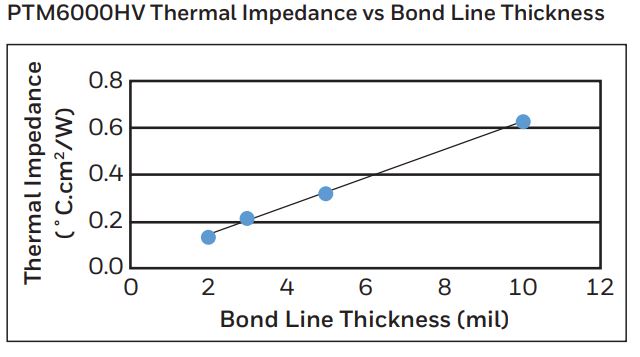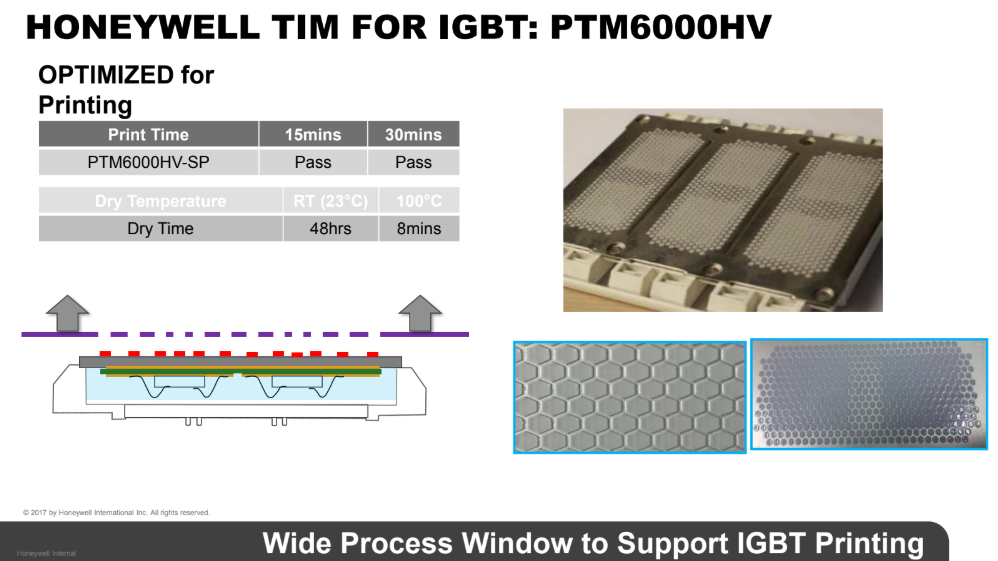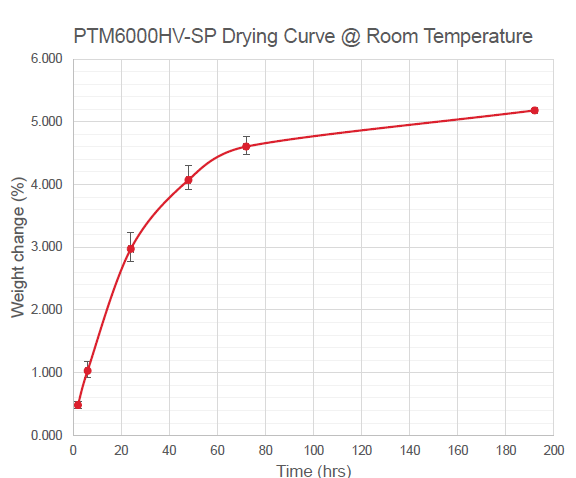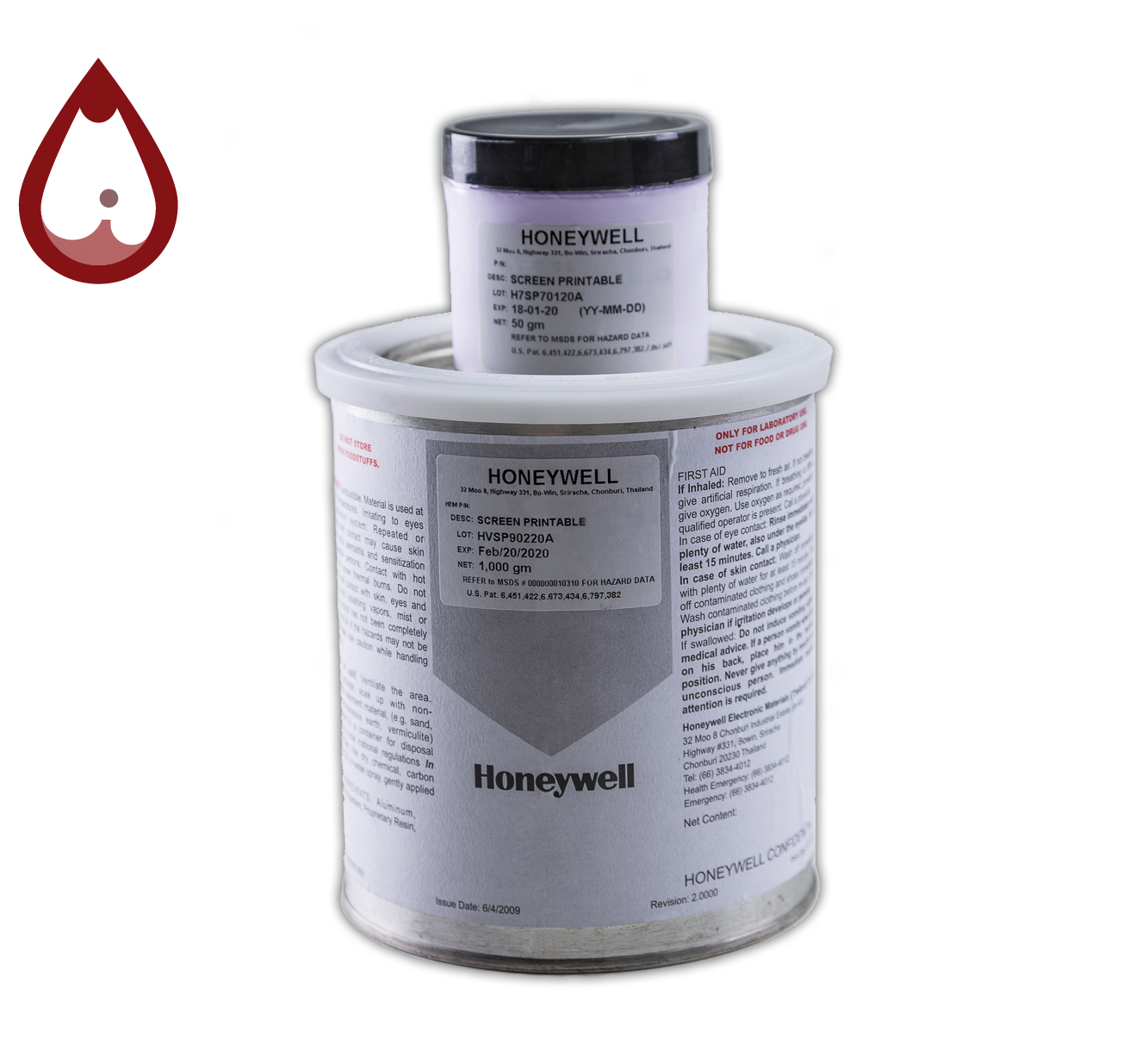PTM 6000HV | Phase Change Paste
- 0.14 Thermal Impedance
- 5.2 Thermal Conductivity
- Optimized for IGBT
Product Description
PTM6000HV, commonly known as PTM6000HV, is a highly thermally conductive Phase Change Material (PCM) in paste format. This High viscosity(HV) version of PTM6000-SP is designed to minimize thermal resistance at interfaces and maintain extremely stable performance through reliability testing required for long product life applications. It has a very wide process window that makes it an optimal, tailor made option for IGBT printing and honeycomb structures.
PTM6000HV is based on a robust polymer PCM structure and exhibits excellent wetting properties during typical operating temperature ranges, resulting in very low surface contact resistance. This material exhibits excellent wetting at interfaces during typical operating temperature range, resulting in very low surface contact resistance.
PTM6000HV is a proprietary material that uses a proprietary filler to provide superior reliability (pass 150˚C baking 2000 hours, temperature cycling 2000 cycles, and HAST 288 hours) and maintains low thermal impedance (<0.12˚Ccm2/W no shim), making PTM6000HV desirable for high-performance integrated circuit devices. PTM6000HV has been renamed from PTM6000HV-SP for the sake of simplicity. It is the exact same product.
Reference the PTM6000 Automotive Reliability Report which demonstrates its performance and thermal stability after various long-term reliability tests including HAST 192hrs, T/C-B 4000x and High Temperature Baking of 3000hrs.
Technical Specifications
| General Properties | |
| Specific Gravity Specific Gravity Specific gravity (SG) is the ratio of the density of a substance to the density of a reference substance; equivalently, it is the ratio of the mass of a substance to the mass of a reference substance for the same given volume. For liquids, the reference substance is almost always water (1), while for gases, it is air (1.18) at room temperature. Specific gravity is unitless. | 2.6 |
| Electrical Properties | |
| Volume Resistivity Volume Resistivity Volume resistivity, also called volume resistance, bulk resistance or bulk resistivity is a thickness dependent measurement of the resistivity of a material perpendicular to the plane of the surface. | 2.1x1014 Ohms⋅cm |
| Thermal Properties | |
| Specific Heat Capacity Specific Heat Capacity Specific heat capacity is the amount of heat energy required to raise the temperature of a substance per unit of mass. The specific heat capacity of a material is a physical property. It is also an example of an extensive property since its value is proportional to the size of the system being examined. | 0.97 J/g.K J/(g⋅°C) |
| Thermal Conductivity Thermal Conductivity Thermal conductivity describes the ability of a material to conduct heat. It is required by power packages in order to dissipate heat and maintain stable electrical performance. Thermal conductivity units are [W/(m K)] in the SI system and [Btu/(hr ft °F)] in the Imperial system. | 5.2 W/m.K |
| Thermal Impedance | 0.09 °C·cm²/W |
Additional Information
When choosing a printable paste it is important to understand the process parameters and limitations.
That's why we ask, when you contact us, to include the following information:
- What is your print thickness?
- How long is your printing time and working window?
- What is your drying step after printing?
- Temperature (Room temperature or something else?)
- Time
- Do you have any viscosity limitations in the printing process?
| End of Line | 0.10 °C-cm²/W |
| Bake 125˚C, 2000 h | 0.09 °C-cm²/W |
| Bake 150˚C, 2000 h | 0.09 °C-cm²/W |
| HAST, 288h | 0.09 °C-cm²/W |
Temperature Cycling “B” (-55˚C to +125˚C, 2000 cycles) | 0.07˚ °C-cm²/W |



280cc cartridges are intentionally about 90% filled (650g) to allow for room at the top to fit the adaptor/plunger for dispensing.
Other lower filled configurations in 280cc cartridges are possible, if there is sufficient volume or justified with manufacturability concerns.




